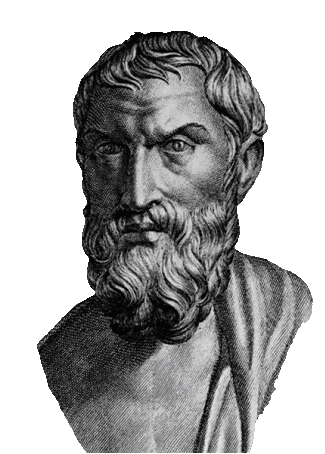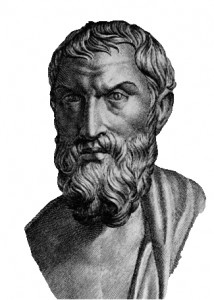“Joy And Cheerfulness Are Beheld in Motion And Energy”
Lest we forget that Epicurus valued pursuit of happiness through action as well as through reflection:
From Diogenes Laertius (Cyril Bailey translation):
Now, he [Epicurus] differs from the Cyrenaics about pleasure. For they do not admit that to be pleasure which exists as a condition, but place it wholly in motion. He, however, admits both kinds to be pleasure, namely, that of the soul, and that of the body, as he says in his treatise on Choice and Avoidance; and also in his work on the Chief Good; and in the first book of his treatise on Lives, and in his Letter against the Mitylenian Philosophers. And in the same spirit, Diogenes, in the seventeenth book of his Select Discourses, and Metrodorus, in his Timocrates, speak thus. “But when pleasure is understood, I mean both that which exists in motion, and that which is a state….” And Epicurus, in his treatise on Choice, speaks thus: “Now, freedom from disquietude, and freedom from pain, are states of pleasure; but joy and cheerfulness are beheld in motion and energy.”


